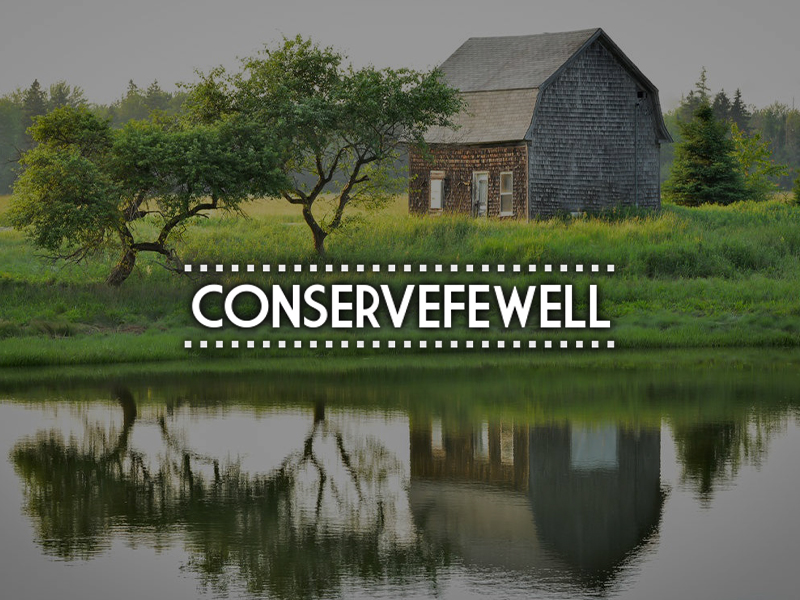I’ve just finished a new book that is a must read for the political right (and for those on the political left who may be interested in what conservatives think about environmental issues). Roger Scruton’s “How to Think Seriously About the Planet: The Case for an Environmental Conservatism” is a page turner on why conservatives need not shy away from advocating environmental protections; rather they should embrace the topic and advocate for approaches that not only advance environmental stewardship but conservatism. In a recent book review by Peter Blair over at The Witherspoon Institute, Blair critiques:
Conservatism aims to preserve and maintain renewal of [homeostatic] systems, especially the “civil associations” that Scruton calls society’s “little platoons,” in the words of Edmund Burke. The little platoons—families, local clubs and institutions, churches and schools—keep us accountable to ourselves and our environment, teaching us how to “interact as free beings, each taking responsibility for his actions.” Daily life in these civil associations assimilates and connects us to a settled home, a place and a people we identify as peculiarly “ours.”
In the conservative vision, threats to one’s home, environmental or otherwise, are met by public spiritedness, by volunteering efforts united by what Scruton calls “oikophilia,” love of home. Politics then becomes modest, about compromise and enforcing the conditions that allow homeostatic systems to function properly. It also becomes localized, because it is only attachment to local civil associations that can solicit people’s loyalty and inspire them to accept the sacrifices that the common good requires. “Such associations,” he writes, “form the stuff of civil society, and conservatives emphasize them precisely because they are the guarantee that society will renew itself without being led and controlled by the state.”
As Scruton contends, responsible stewardship begins at home. And while government can and will continue to play an integral role in helping to safeguard the environment, the responsibilty primarily falls to civil society to be the guardians and responsive actors at times when society’s activities create imbalances that threaten our collective future. Increasingly, however, society looks far too often to the government for environmental salvation. And as Scruton explains, government solutions, absent market-based incentives, often have a “nasty habit of producing opposite results to those intended, precisely by changing people’s incentives in ways that were not foreseen.” Government can certainly help by establishing minimum standards set forth by law, supporting good science by which society can make better and more informed decisions, and helping to foster environmental markets. But government cannot and will not provide environmental salvation for which so many environmentalists advocate.
The remaining environmental challenges that loom before us are intractable, multi-generation problems that will require decision-makers to fundamentally change their approach to problem-solving. In short, these require elected officials to act more like judges and arbiters, and to bound their decisions by a new fidelity currently wanting in legislative and administrative moderation. Confounding environmental issues such as hypoxic waters, climate change, energy security, wetlands protection and species protection will require a greater consensus upon those things we as a society find agreement. While our nation’s environmental policies often reverse or zig-zag with changing administrations, for us to tackle the next frontier of environmental challenges, our collective decision-making across the political spectrum must conform to new principles that not only respect balance but balance respect for traditional norms and the outer limits of government. We must encourage more action through these little platoons that Burke and Scruton speak of – something which my environmentalist and EPA friends often refer to as promoting local capacity-building.
So then how do left-leaning environmentalists – which Scruton contends are largely egalitarian – and right-thinking conservatives unite to address some of these complex environmental challenges. There is no easy answer. However, the real “evil,” according to Scruton, aginst which both sides should be united “is the habit of treating the earth as a thing to be used but not revered.” We must look to government not as the premier solver of our environmental woes, but rather look to more “small-scale initiatives, outside the purview of the state, in which mutual aid takes the place of legislative edicts, to bring about goals that are both environmentally friendly and in conformity with social justice.”
I commend this book for your reading and will have more thoughts in the week’s to come on Scruton’s very thoughtful thesis. Thoughts and ideas of others are always welcome.


